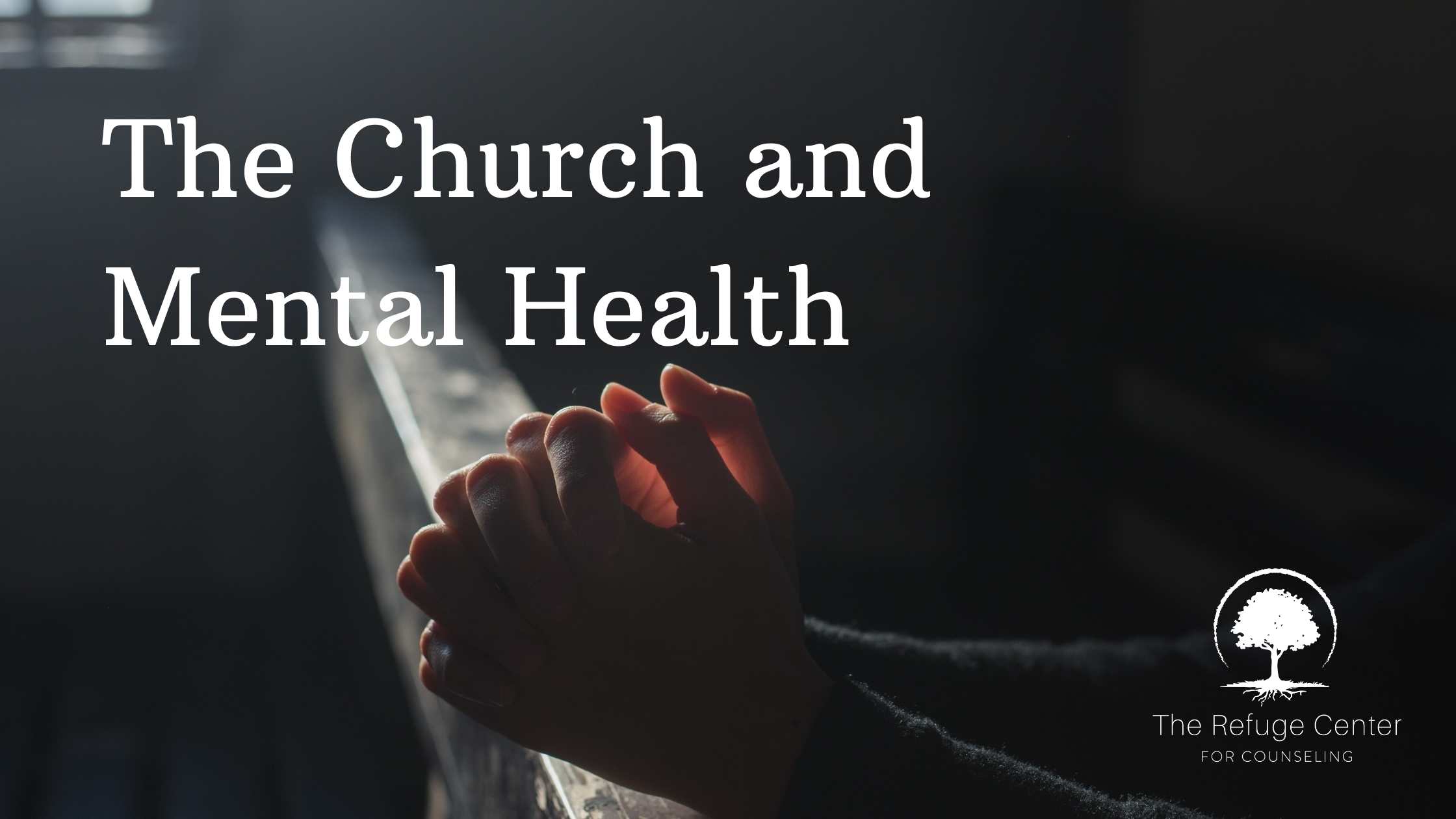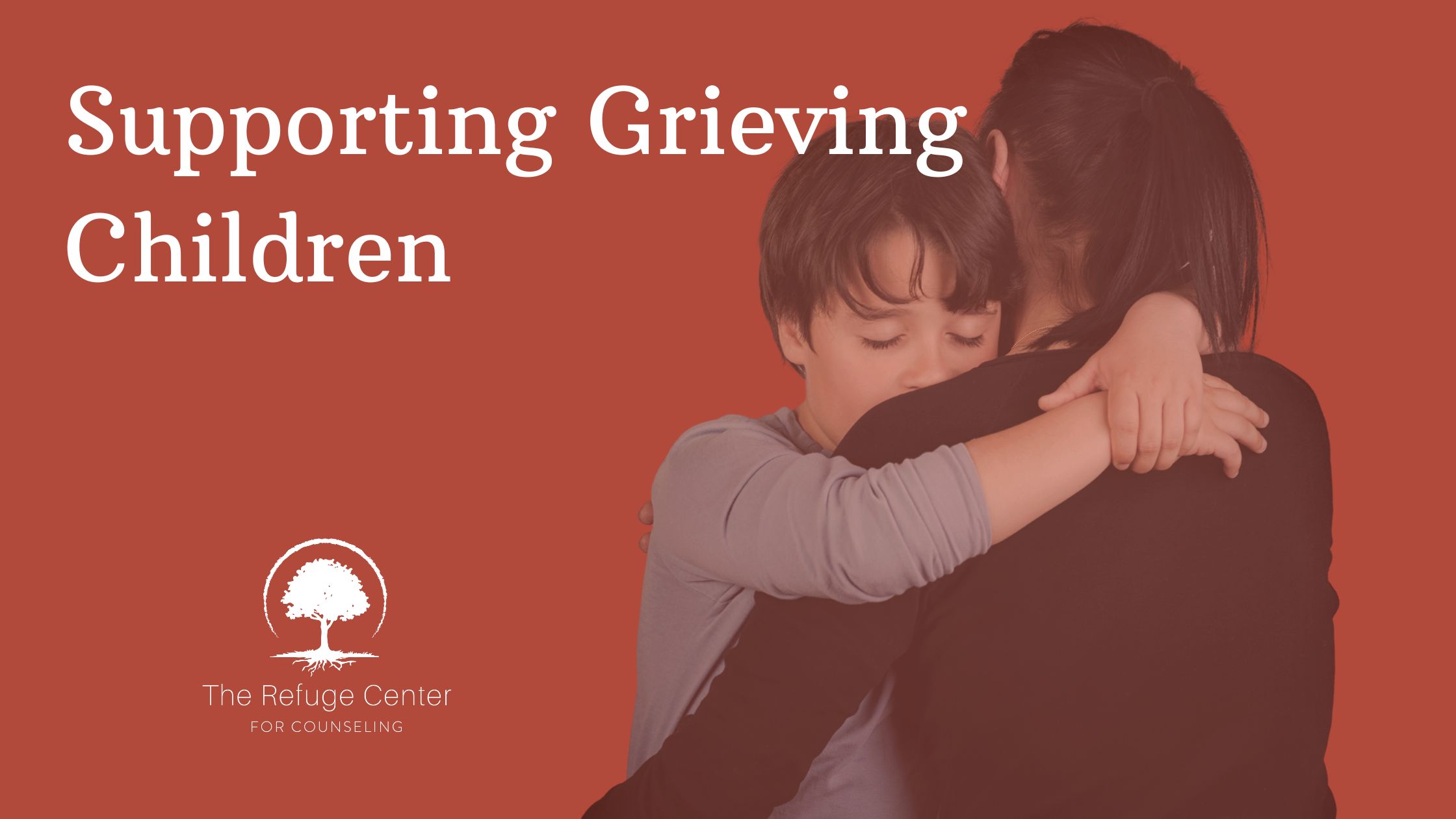What is Mental Health, really?
“She has mental problems.”
How many times have you heard words like this being said about someone? Or how many times have yousaid something like that? We often say things like that without realizing what we’re actually perpetuating.
For decades, the topic of mental health has carried with it shame and stigma. People have thought someone with “mental health issues” is broken or having a breakdown. We have pictured someone we think of as crazy sitting in a “mental hospital.” And we fear what we don’t understand.
We don’t know what we don’t know.
Mental health is actually how we think, feel, and act. It is how we handle relationships and stress. It’s the story we tell ourselves about how others feel about us. It is the little voice inside our heads that has been talking to us for as long as we can remember—whether that voice is good, bad, or somewhere in between.
Have you ever had a business deal fall through and at 2 am lay awake thinking, Am I a failure?
Have you ever had a relationship fail and found yourself wrestling with the question, Was I not enough?
Lost someone that mattered very much and wondered, How can I go on without them?
Had a teenager who was struggling with self-harm or an eating disorder and you felt at a loss to know how to help them?
These questions and the way we navigate them are our mental health. It’s not so much about what happens to us, as much as how we interpret what happens to us.
There is no person whose income is high enough, whose job is important enough, whose talent is great enough … to prevent them from coming to grips with these questions. There are also many things in our formative years that can impact our emotional well-being—addiction, abuse, neglect, etc. These issues do not discriminate.
Mental health is not about being broken. It’s not a niche issue. And it’s not something that only applies to some people. This is a topic that is applicable to 100% of humans. That means it applies to me, your best friend, your child, your pastor, your parents, and you.
How did the pandemic impact our mental health?
Through the pandemic, we have seen an increase in relational poverty, anxiety, depression, grief and loss, helplessness, loneliness, reminders of past trauma, toxic reactivity, substance abuse, eating disorders, suicidality, self-harm, and crisis in marriage. Every single one of those things directly affects our mental health.
Globally, we’ve all just lived through 800 days of hard. We have experienced a shared traumatic reality, which means that our neighbors and friends likely had less capacity for empathy when we needed them.
It really is true that “the body keeps the score.” Our nervous systems have been impacted in significant ways. And for many people, the challenges exceeded their coping skills. “Grace tanks” ran very low.
So from a data perspective … In 2021, Psychology Today reported that:
- Anxiety disorders affect 40 million U.S. adults each year
- Some 16.1 million Americans age 18 and up experience Major Depressive Disorder annually
- Eight million adults live with PTSD in a given year
Young people are feeling it, too.
American adolescence is undergoing a drastic change. Three decades ago, the gravest public health threats to teenagers in the United States came from binge drinking, drunken driving, teenage pregnancy, and smoking. But today, this isn’t the case. These have since fallen sharply, replaced by a new public health concern—soaring rates of mental health disorders.
To this point, in two articles, The New York Times reported that:
“In 2019, 13 percent of adolescents reported having a major depressive episode, a 60 percent increase from 2007. Emergency room visits by children and adolescents in that period also rose sharply for anxiety, mood disorders and self-harm …
And for people ages 10 to 24, suicide rates, stable from 2000 to 2007, leaped nearly 60 percent by 2018, according to the Centers for Disease Control and Prevention.
The decline in mental health among teenagers was intensified by the Covid pandemic but predated it, spanning racial and ethnic groups, urban and rural areas and the socioeconomic divide.”
–The New York Times, ‘It’s Life or Death’: The Mental Health Crisis Among U.S. Teens
In a rare public advisory, in December 2021, the U.S. Surgeon General warned of a “devastating” mental health crisis among adolescents. Numerous hospital and doctor groups have called it a national emergency, citing rising levels of mental illness, a severe shortage of therapists and treatment options, and insufficient research to explain the trend.
These “statistics” are our students, our nieces and nephews, our grandchildren, the kid bagging our groceries or making our iced coffee. These numbers are describing our children.
Of all of the painful stats, perhaps the most troubling, is that the suicide rate in Tennessee is climbing. Things are trending … in the wrong direction.
When you get inside the most current suicide stats – you see that suicide is 4x more likely to impact men. In fact, if you are a white male in your 30s and 40s, you are at the highest risk by a long way.
Life is consistently challenging us, and when we look at the latest data we’re seeing that life for many in our quasi-post-pandemic world can be almost unbearable.
Why should the church care about this issue?
Mental health is a human issue. We all have hurts, habits, and hang-ups. Every one of us will face hardship and suffering at some point in our lifetime. It’s unavoidable.
Churches generally have impactful missions programs, focusing on the “least, the last, the lost.”
I would contend that our buildings and services are filled with people who look “fine” and seem “great” but are feeling like the “the least, the last, and the lost” on the INSIDE.
Marital crisis, anxiety and panic, addiction, loneliness, grief … These are issues every bit inside our church walls as they are outside our church walls. Even pastors are not exempt. Twenty-three percent of pastors have personally struggled with mental health conditions.
The church community CAN act as a holy place of refuge for those who are suffering emotionally.
The Bible is full of verses that tell us God is our hiding place. Psalm 27:5 says, “For in the day of trouble He will conceal me in His tabernacle; in the secret place of His tent He will hide me; He will lift me up on a rock.” THIS is who God is.
When you feel lost, when you feel less than or dead last, sometimes the only thing you want to do is hide away. And what better place to hide than in the shadow of the wings of the One who loves you and cares for you more than you could ever ask or imagine? He knows your every thought and no tear you shed goes unnoticed.
The church should be a place where we feel seen.
Being with Jesus—in relationship with him, in his presence—does not mean we won’t suffer. His own disciples struggled deeply with anxiety and self-doubt and one even took his own life. Abundant life in Christ is not about living without pain or having all the answers or cures. It is about trusting that God and all his provisions will be enough for us to not only survive but thrive.
We can encourage those who suffer to seek the help they need from professionals who have the expertise to provide it. And by this we can declare the truth that God’s power is made perfect in our weakness. (2 Corinthians 12:9)
In the church, we need more real, open, honest conversations. This strengthens our emotional muscles. When we listen to others in their pain, it gives them dignity. Telling our story with safe people begins to give our pain purpose and meaning.
How does the church know when to refer for professional counseling services?
Counseling is a space to process the burdens, barriers, and the shame stories of our experiences. It’s meant to be a place to become free of bondage.
“Therefore, since we are surrounded by such a huge crowd of witnesses to the life of faith, let us strip off every weight that slows us down, especially the sin that so easily trips us up. And let us run with endurance the race God has set before us.” (Hebrews 12:1)
Counseling is for people:
- who have tried typical coping skills and are still “stuck” in habits, relational conflicts, shame, blind spots, etc.
- who are struggling to cope (not eating, sleeping well, excessive anger, depression, panic attacks, etc.) or are in acute grief
- who want to improve their relational skills by being proactive
- and who feel alone in their suffering or who feel too much shame to tell their story with anyone else outside the parameters of confidentiality.
The truth is, we all need a safe place to untangle our narratives, and therapy can be windshield wipers for the soul.
If we don’t transform our pain we will transmit it.
Counseling can help us achieve congruence where our “insides match our outsides,” where actions and values align. Without congruence, we lack peace.
Counseling can also help people explore their spiritual brokenness. Psalm 139: 23-24 says, “Search me, God, and know my heart; test me and know my anxious thoughts. See if there is any offensive way in me, and lead me in the way everlasting.”
Some people are terrified to think that God will “search” them. In the deepest places of their soul, they consider the choices they have made in their life and wonder, Does God like me? Will He be angry with me? Will he reject me? Is he too busy with someone else? Will I be able to hear him if I seek him?
Counseling can be a place to process these fears and any trauma that may stand in the way of a full and rich relationship with God. You are not alone in your questioning and doubting. Sitting with somebody who hears you and sees your hard, your hurt, your unspoken struggles can open your heart to healing in ways that you can’t do in solitude and isolation.
In addition to scripture, what are the phrases Christians and church staff can offer to someone who is hurting?
Being a safe place for hurting people looks like this:
- Tell me more about that …
- You are important in my life.
- I am so glad you are here
- What is happening at home?
- I can’t begin to imagine what you are going through, but I am here for you.
- You matter.
- If you want to talk about how you are feeling, I will listen—No matter how long it takes.
- If you don’t want to talk, I am happy to sit here in silence with you, or just let you have a space to cry. I am so glad to be with you.
- You are not a burden to me.
- I don’t understand everything about how feelings work, but I know mine always seem to be changing.
- It sounds like you are feeling hopeless. Would you mind if I carried hope for you for a while?
- I am so sorry for your loss.
- I wish I had the right words, just know that I care.
What are some things the church can do about the mental health crisis?
#1 Host and engage in QPR or Mental Health First Aid Trainings
Most of us would know how to help if we saw someone having a heart attack—we’d start CPR, or at the very least, call 9-1-1. But too few of us would know how to respond if we saw someone having a panic attack or if we were concerned that someone might be showing signs of self-harm, or addiction.
QPR: Question, Persuade, Refer. What questions to ask if you are concerned someone may harm themselves or have suicidal thoughts, steps to encourage them to seek help, and referrals to get them the support they need. (You can do a 60 min training online or free.)
Mental Health First Aid: Mental Health First Aid teaches you how to identify, understand, and respond to signs of mental illness and substance use disorders. It takes the fear and hesitation out of starting conversations about mental health and substance use problems by improving understanding and providing an action plan that teaches people to safely and responsibly identify and address a potential mental illness or substance use disorder.
When more people are equipped with the tools they need to start a dialogue, more people can get the help they need. Mental Health First Aiders can even save lives. This is an eight-hour training and can be done in person or online.
#2 Host Mental Health Talks/Q&A’s (trauma, depression, marriage, grief and loss, media, etc.) This can consist of live or recorded sessions.
#3 Supporting the work and initiatives of local counseling groups. Providing funding for congregants to get mental health support, seeing counseling agencies as missional, etc.
#4 Offering your space for local support groups (grief and loss, sexual trauma, men’s emotions, etc.)
#5 Decreasing the stigma through shared or related resources in your own bulletins/social media accounts, etc. especially suicide hotlines (800) 273-8255)
#6 Get the support YOU need. Every leader needs a safe place. DO YOUR OWN WORK! This is not intended to be another laundry list of things added to your plate. This is about living a life of freedom and spaciousness so you can offer love and care from a place of FULLNESS and overflow. Be the healthiest version of you that YOU can be (spiritually, emotionally, physically, etc.)
Be intentional about having leaders, professionals, and friends in your life who ask you hard questions, give you feedback about your blind spots, and who challenge and encourage you. These are your 24/7 “iron sharpens iron” people. (Psalm 27:17) This might be a counselor, spiritual director, pastor, small group leader, Life Coach, Enneagram teacher, Celebrate Recovery or AA, other men’s groups, a learner (reading, podcasts), or your daily practices (such as the Examen, Headspace, etc.)
Leaders must embrace and model this first. We can’t give what we don’t have. We can’t give help if we can’t ask for it. Fundamentally, we must first be a safe/secure place for ourselves before we can offer that to others.
It’s time to shift the mental health mindset.
It’s time to bring what has been hidden in darkness into the light.
And it’s time to accept the beautiful hard truth about mental health.
We can do better.
We can be better.
Blog written by Co-Founder and Executive Director, Amy Alexander, LMFT and edited by Shelby Renee Rawson
Share this post
About Us
Who We Serve
Get Involved
-
Connections Lunch
-
Sponsorship Opportunities
-
Volunteer
-
Internship Opportunities
-
Post Master’s Fellowship Program
What’s Happening
Follow Us
Instagram
Facebook
Twitter
Youtube
Pinterest
The Refuge Center for Counseling is a 501c3 nonprofit organization (20-3831943). We are also a United Way of Williamson County Partner Organization.






